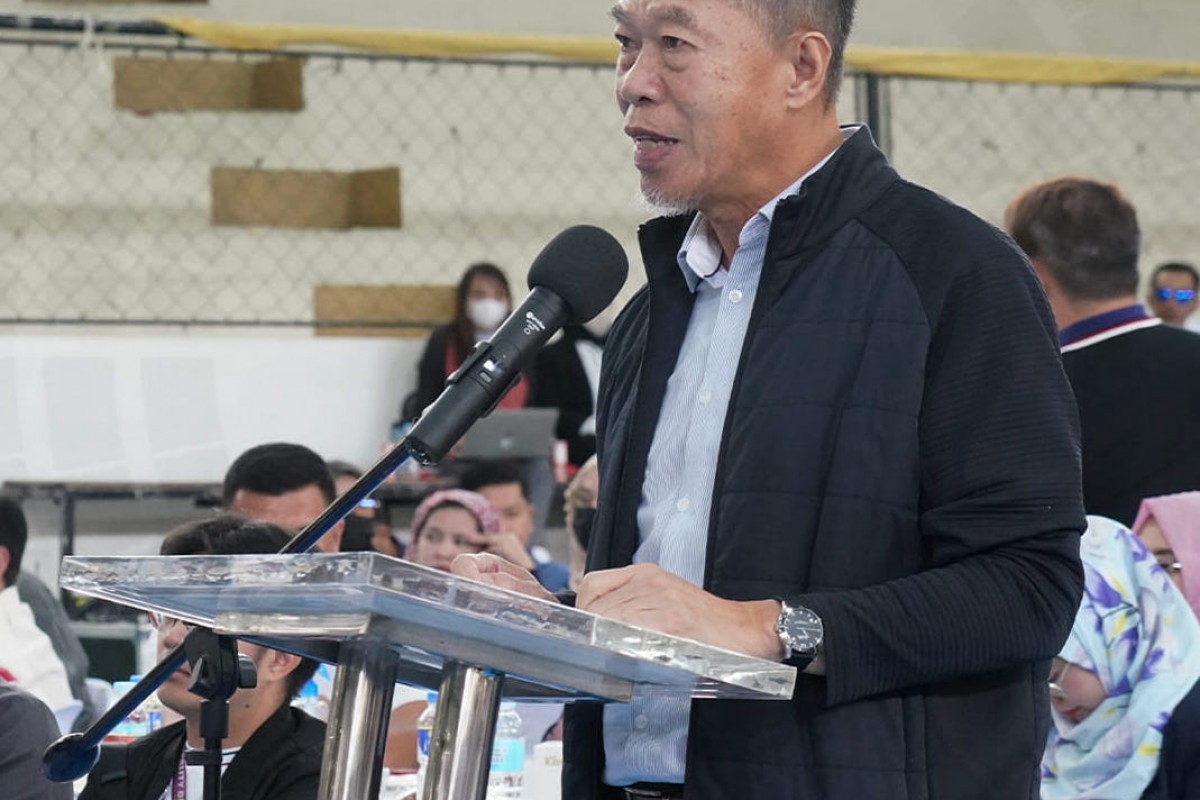MARAWI CITY, Lanao del Sur (PIA)--After a series of public consultations for the proposed Bangsamoro Electoral Code, the Committee on Rules held its last leg of consultations with stakeholders in Lanao del Sur.
The Rules Committee, chaired by Floor Leader Lawyer Sha Elijah Dumama-Alba, has consulted with experts from the Commission on Elections, election watchdogs, local government units, civil society organizations, academic institutions, religious groups, and other relevant stakeholders.
Parliament Bill No. 29, or the Bangsamoro Electoral Code, is a crucial measure that will outline the structural, functional, and procedural principles for holding elections for officers in the region.
In 2021, President Rodrigo Duterte inked Republic Act No. 11593, which moves the election of officials in the BARMM from 2022 to 2025.
The Moro Islamic Liberation Front (MILF)-led interim government, during the transition period, should enact priority codes such as administrative, civil service, education, electoral, local governance, revenue, and indigenous people's rights.
To date, the Parliament has enacted administrative, civil service, and education codes, while electoral and local governance codes are at the committee level.
After the transition period was extended and the new 80 members of parliament were chosen, BARMM Chief Minister Ahod Balawag Ebrahim promised President Ferdinand Marcos Jr. that the electoral and local governance codes would be put into place in the first quarter of 2023.
While moving quickly to pass the proposed measure, the Parliament makes sure there are no constitutional flaws in the electoral code and gives the COMELEC, political parties, and other stakeholders enough time to prepare for the synchronized elections in 2025.
Dumama-Alba said the electoral law that will govern the parliamentary elections is unique in the Philippines.
The proposed electoral code was introduced in Parliament in September last year, during the first week of the second parliament's session.
Starting in October 2022, the committee held consultations in Manila, Basilan, Sulu, Tawi-Tawi, Maguindanao, Lanao del Sur, Cotabato City, and the BARMM Special Geographic Area.
So far, different government and non-government stakeholders have sent the committee 208 pages of recommendations and position papers for the proposed code.
Concerns were raised about the constitution, stopping political dynasties, the qualifications of elected officials, and including women, young people, and the religious sector, among other things.
Dumama-Alba said the committee will talk in depth about the proposed electoral law at the committee level. She wanted to reassure the public that the law would be based on what the people wanted and needed.
The proposed code will make sure that elections in the area are free, fair, and trustworthy.
With the parliamentary system in place, the Parliament will have 80 members: 50 will be party representatives, 40 will be district representatives, and 10 will be reserved seats and representatives from different sectors.
The Chief Minister, who is also a member of Parliament, will be elected by a simple majority vote of the members of Parliament on the first day of the session after all members of Parliament have been elected. (BTA/PIA-10/Lanao del Sur)



